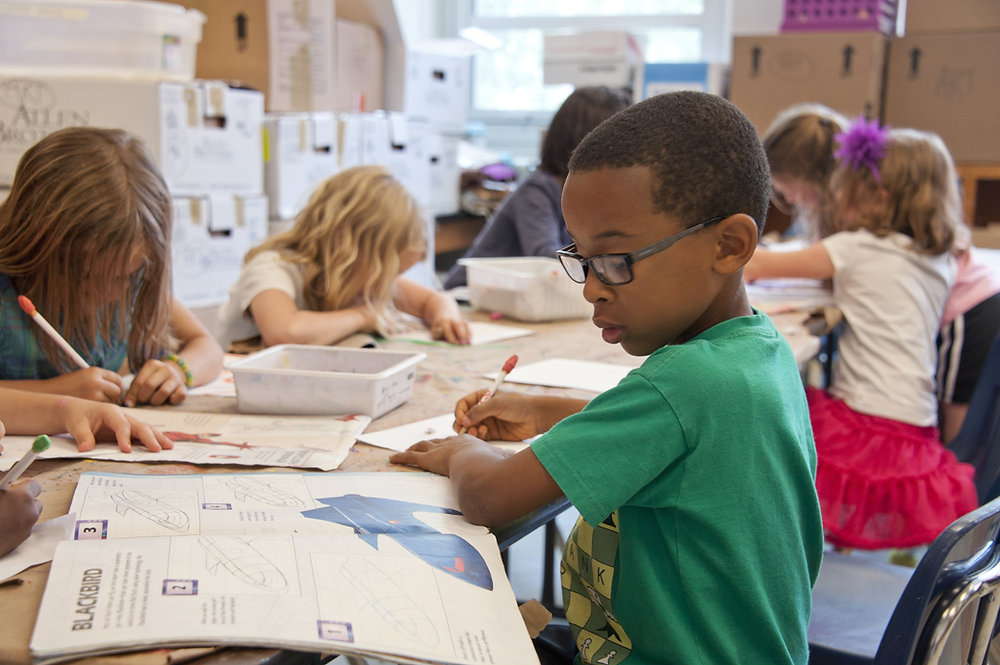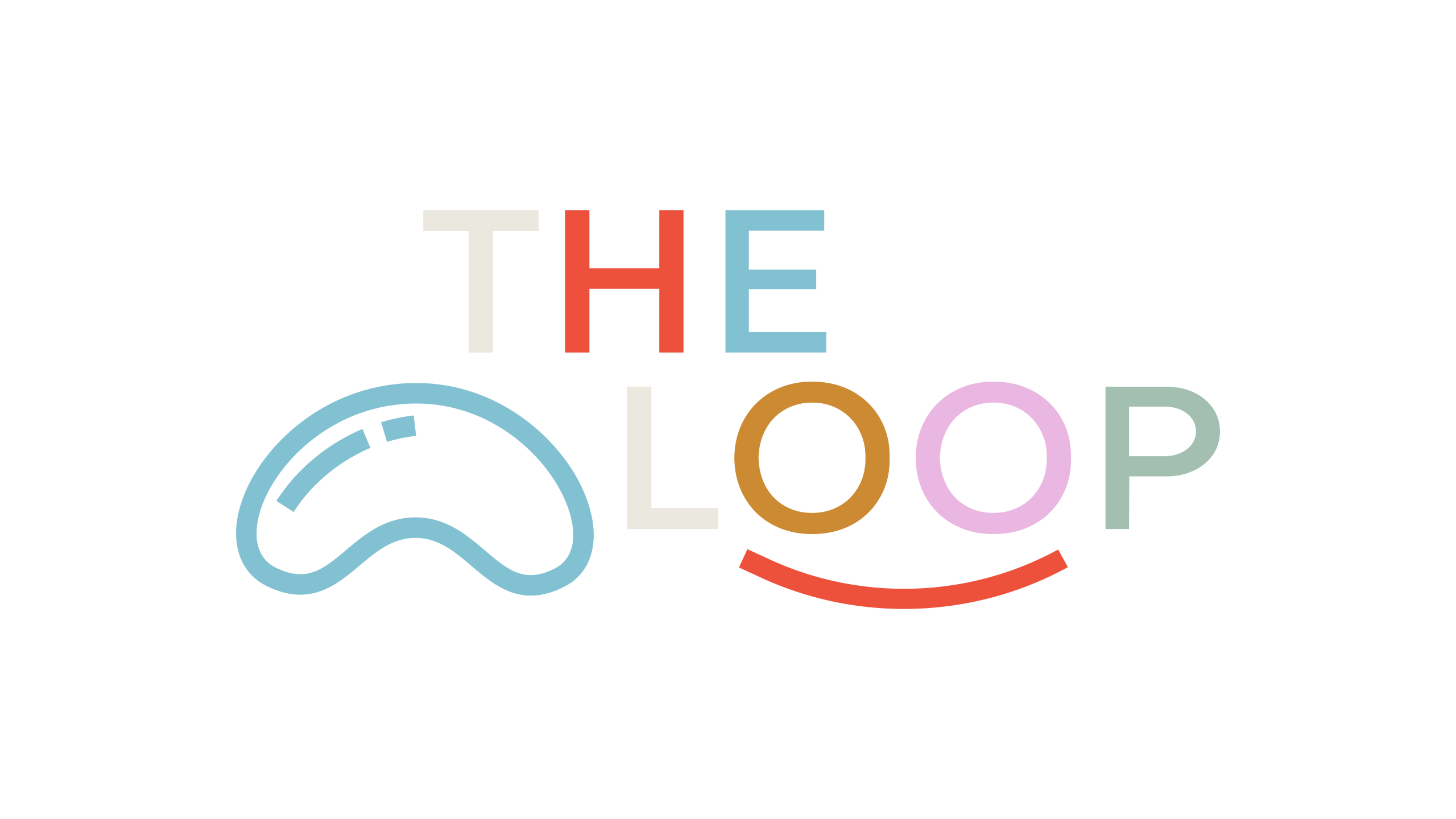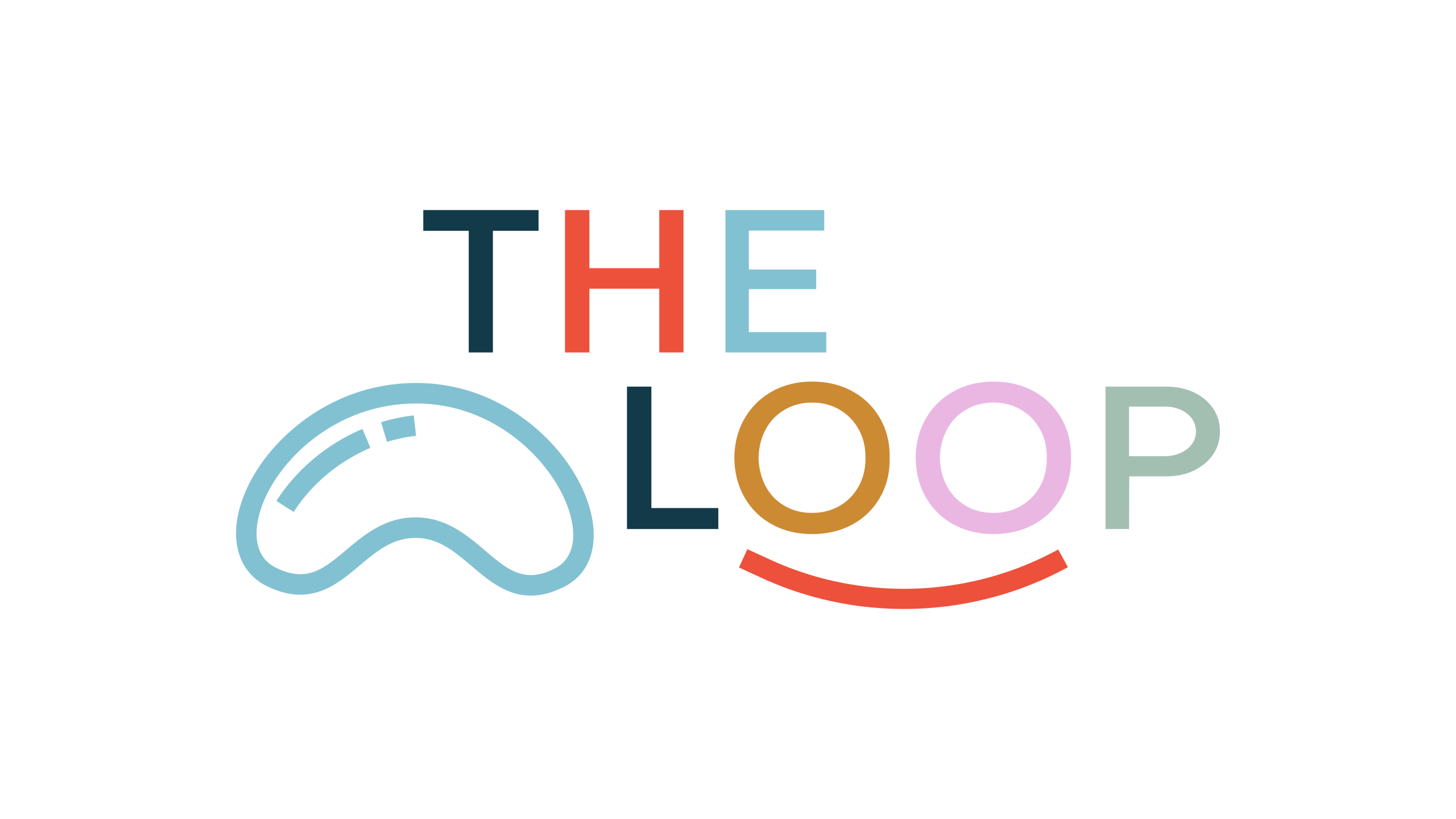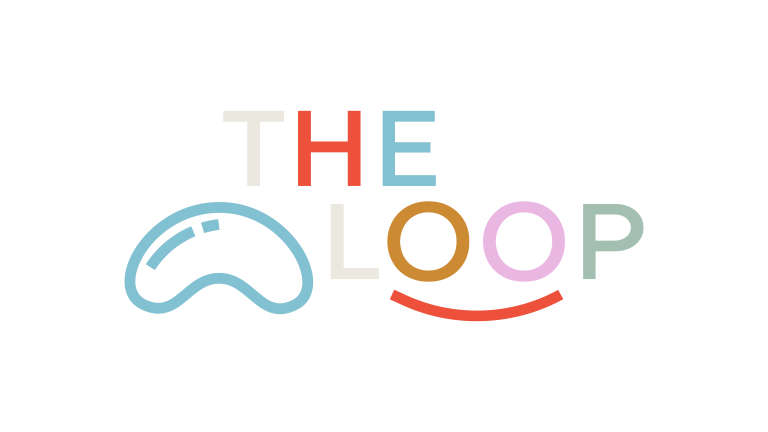
If you stay in the loop on our blog posts (and we certainly hope you do!), then you may already have an understanding of what executive functioning skills are and why they matter.
In a nutshell, our executive function skills are the building blocks of our ability to plan, coordinate, organize, and take the necessary steps to achieve our goals.
Located primarily in our brain’s frontal lobe (the one in the front of your head), these skills involve our ability to reason, make decisions, pay attention, understand and organize information, and break down long-term plans into manageable steps, without losing sight of the objective.
Executive functioning skills are vital in our working memory, thought flexibility, and ability to regulate our emotions and actions.
You can probably already guess that these skills are attained and mastered over time, rather than being present at birth. As our brains grow and develop—so do our executive function skills.
The development and mastery of executive functions is a key component of our overall development in childhood, and one parents should keep an eye on in their children.
But how can you keep track of your child’s executive function development? What are you supposed to look for? And how can you tell if your child is struggling with learning executive function skills on a similar trajectory to their same-aged peers?
This article will help answer all your questions about executive functioning milestones in childhood. That way, you can gain an understanding of how these skills tend to develop, so you can monitor and support your child as they progress through the acquisition of these skills.
What are some key executive functioning milestones in children?
If you’re a parent of a young to school aged child, you already have an inkling—executive function skills must be learned and mastered over time.
Children aren’t born with the ability to plan and organize toward a goal. And they’re certainly not born with the ability to recognize and regulate their emotions.
So, how do children develop and master these skills as they learn and grow?
As with any new skills learning—practice makes perfect!
As a child’s cognitive development and capabilities increase—so does their ability to master and learn new and higher level executive functioning skills.
If you’re curious about how executive functioning skills develop, which ones come first, and how they build upon one another to add up to our adult-level capabilities—this is the article for you.
Let’s explore some important executive function development milestones in children by age.
Executive function skills development from birth to one year of age
From the moment we enter this world, we start learning. You may not realize how many executive function skills your baby acquires during their first year of life—but it’s a lot!
These first key skills lay the foundation for the development and mastery of higher level executive functioning skills as your child grows.
In particular, babies undergo massive development in their first year of life in the skills of attention, emotional regulation, and working memory.
But what do these skills look like in practice?
As your baby grows, they expand their capacity to focus on certain people and items—especially ones they most enjoy! This shows their ability to focus their attention on a person, object, or task. Attention is a crucial executive functioning skill, and one that will continue to be developed throughout childhood.
Your baby will also learn and demonstrate working memory skills in their increased ability to recognize caregivers and engage in common routines with them. This can include reaching for mama when it's time to eat.
Your baby will also enhance their ability to self soothe during this time, as their emotional regulation skills develop.
Emotional regulation skills development at this stage can mean reaching for a loved one they know can offer them the emotional support and comfort they need. It can also involve using items like a pacifier, a preferred toy, or using cooing and gooing sounds to self-soothe.
Parents can also address their child’s needs and self-soothing capabilities during this time, by providing stimulation such as rocking or swaddling (if your child responds positively to these).
Executive function skills development in toddlers
Toddlerhood is massively important in the development of executive function skills.
As outdated as the term may seem, we’ve all heard of the terrible twos, or found ourselves in a mealtime standoff with a child in the throes of being a threenager.
Toddlers are navigating a time of comprehensive, holistic development—from their brains to their bodies to their emotions, toddlers are constantly growing and evolving.
As their capacity for feeling and expressing their thoughts and emotions deepens and gains complexity, and their physical forms gain increased capabilities, their executive function skills work to keep pace with this time of major development.
Toddlers are notoriously impulsive, as they learn to interact increasingly with the world around them and learn valuable lessons about their environments.
Inhibition skills are learned during this stage, often by trial and error. Toddlers begin to understand behavioral expectations and norms, and this awareness helps to shape their behaviors, while teaching them the foundations of conditional, appropriate behaviors.
Cognitive flexibility is also a big focus of executive function skills during this phase of life, with many lessons in problem solving and flexible thinking encountered and addressed by your inquisitive toddler.
Executive function skills development in preschoolers
When your child enters preschool, it’s their first major opportunity to interact with lots of same-aged peers in a structured setting. It’s also possibly the first time they’ve been separated from their parents and familial caregivers for extended periods of time.
Learning to interact with same-aged peers within the structure of a school setting offers many robust opportunities for executive function skill growth and development in your preschool-aged child.
Social skills are an area of massive growth and development during this stage. Also known as pragmatic skills, these skills are hugely important in how we navigate the world as people. Social skills development during preschool involves emotional control and regulation skills, inhibition, self-monitoring, and empathy.
Cognitive flexibility skills continue to develop throughout this time as do verbal and overall communication skills. Children at this age become increasingly adept at expressing their point of view, and even test out their burgeoning powers of persuasion and ability to seek compromise.
Preschoolers also begin to self-actualize in the areas of self care, as they’re increasingly expected to initiate and perform tasks like hand washing, cleaning up after themselves, and observing and respecting classroom rules like hand raising and lining up in an orderly fashion.
Developments in working memory skills during this time support preschoolers’ abilities to plan for and navigate multi-step activities, such as crafts and coloring tasks.
Working memory skills involve the ability to create and maintain a mental model, in order to plan for, organize, and complete multi-part tasks.
Executive function skills development in elementary schoolers
The building blocks have been laid for massive executive functioning skill development during the elementary school years.
Skills in working memory, initiation, planning, and organizing continue to be developed and applied to managing schoolwork, homework, and other related expectations for kids in this age range.
Emotional control and inhibition are further honed as behavioral expectations become more rigid and set, and social skills become increasingly complex.
Time management, flexibility in the shifting of daily routines, and the ability to retain and apply new information are also vital executive function competencies that take center stage during this time in your child’s life.
Executive function skills development beyond elementary school
Your child’s brain continues to grow and change beyond elementary school—and so do their executive function skills.
These skills will continue to develop throughout childhood and into young adulthood.
Some children will struggle with acquiring and mastering executive function skills. It’s important to recognize that some children are on their own path and timeline when it comes to integrating these skills fully and seamlessly into their repertoire.
This is especially true when it comes to children who are navigating conditions known to impact executive function development. Let’s explore some of these in greater detail.
What can I do if my child struggles with acquiring and mastering their executive function skills?
The best thing about executive function skills is they have a high rate of success in being effectively trained and taught to children in need.
The good news? This awareness means there are many professionals who are highly qualified to assess and treat issues with executive functions when they arise.
When you partner with us as a family or Chicago area private school, we’ll ensure you have access to the very best in cutting-edge therapy strategies, knowledge, and techniques.
We’re on a mission to make sure all children get the customized supports they need to succeed and reach their full potential.
If your child could benefit from additional support and assistance with their executive functioning skills acquisition—we’re here for you!
How does executive function coaching with The Loop work?
We’ll start by connecting with you to learn more about your student’s unique goals, strengths, and struggles. Then, we’ll work with your child’s teacher to find a time to conduct a thorough, individualized assessment of them to get clear on their personal educational needs.
If our assessment indicates further treatment is needed, we’ll work with you and your child’s school to develop and implement a robust, customized treatment plan that will address all their learning needs in a way that they find fun and motivating.
Your child’s therapy with us will be delivered in school, right during the school day for a seamless experience that works for everyone.
Throughout our treatment process, we’ll work to keep you in the loop of your child’s progress, and will involve you in our therapy to whatever extent you’re able to collaborate with us.
Our expert team is well-versed at treating children who experience difficulties with their executive functioning skill development.
We pride ourselves on using the latest, most evidence-based treatment strategies and modalities, and always keep up with the highest level of research to inform what we offer you.
At The Loop, we believe every child should have access to the customized therapy and learning supports they need to enjoy a robust, positive educational experience.
That’s why we’re committed to helping every child we’re honored to serve to reach their full potential.
Be sure to stay in the loop by following us on all your favorite social media platforms @theLoopSLL, checking in regularly with our blog, and reaching out to our team with any questions at info@theloopsll.com, by completing our contact form, or by phone at 773-720-0646.


